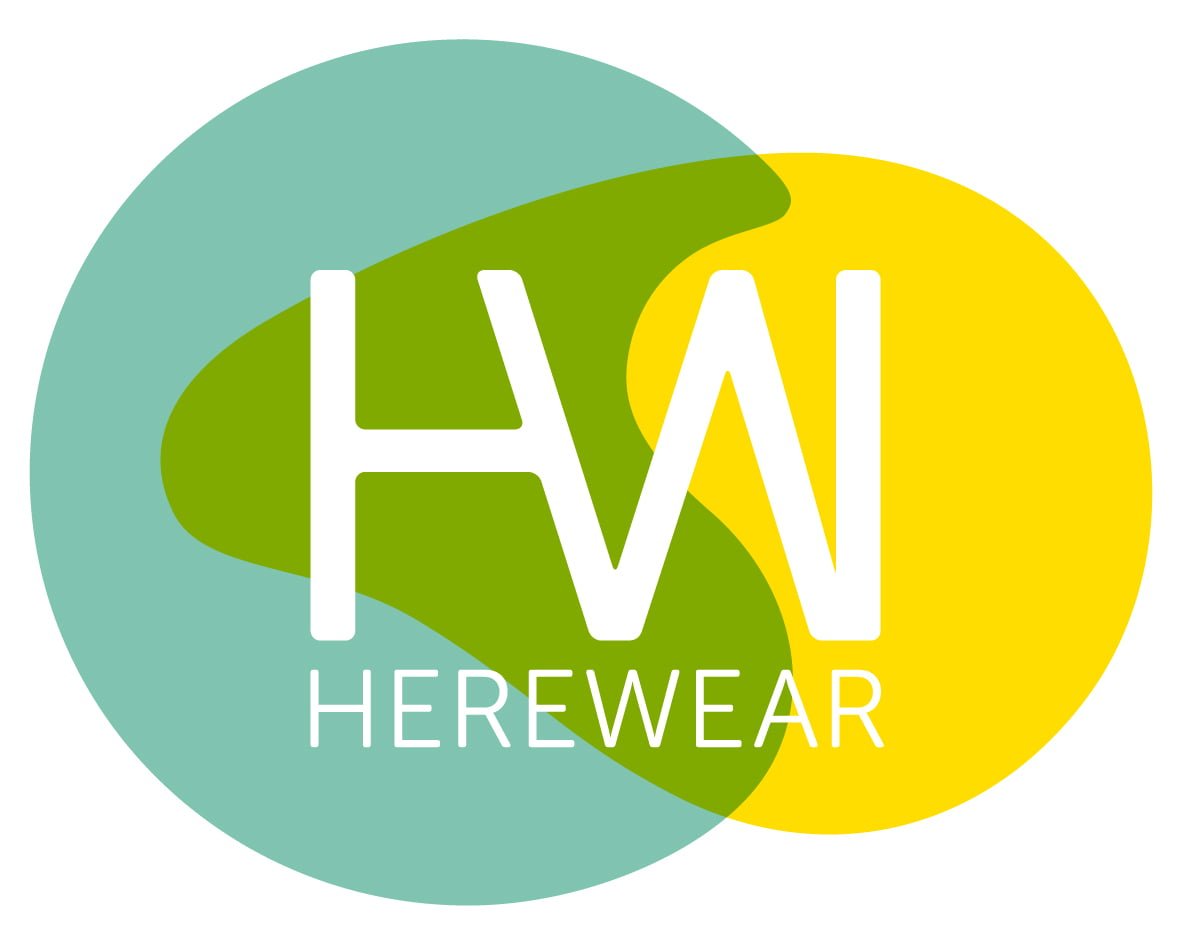Glaukos promotes collaboration with projects having similar aims to maximise the knowledge sharing, exploitation and impacts.
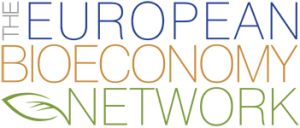 The European Bioeconomy Network (EuBioNet) is a proactive alliance of more than 100 EU funded projects and initiatives dealing with Bioeconomy promotion, communication and support. The main goal is to maximise the efforts, increasing the knowledge sharing, networking, mutual learning, coordination of joint activities and events.
The European Bioeconomy Network (EuBioNet) is a proactive alliance of more than 100 EU funded projects and initiatives dealing with Bioeconomy promotion, communication and support. The main goal is to maximise the efforts, increasing the knowledge sharing, networking, mutual learning, coordination of joint activities and events.
The European Bioeconomy Network works in close collaboration with the European Commission and CBE JU, to ensure that the objectives identified by the Bioeconomy Strategy update will be properly communicated, addressed and implemented.
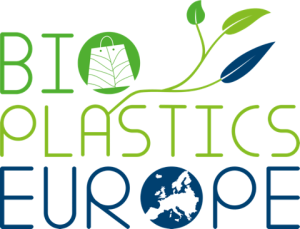 The project BIO-PLASTICS EUROPE addresses the topic „Sustainable solutions for bio-based plastics on land and sea“ (Topic identifier: CE-BG-06-2019), within the focus area „Connecting economic and environmental gains – the Circular Econonmy (CE)“ and will focus on sustainability strategies and solutions for bio-based products to support the Plastics Strategy. This shall include innovative product design and business models facilitating efficient reuse and recycling strategies and solutions, including ensuring the safety of recycled materials when used for toys or packaging food stuffs. In line with the EU strategy on international cooperation in research and innovation and in order to encourage the further replication, the European consortium is complemented by a partner in Malaysia, providing an added value and helping them to address the many problems they face.
The project BIO-PLASTICS EUROPE addresses the topic „Sustainable solutions for bio-based plastics on land and sea“ (Topic identifier: CE-BG-06-2019), within the focus area „Connecting economic and environmental gains – the Circular Econonmy (CE)“ and will focus on sustainability strategies and solutions for bio-based products to support the Plastics Strategy. This shall include innovative product design and business models facilitating efficient reuse and recycling strategies and solutions, including ensuring the safety of recycled materials when used for toys or packaging food stuffs. In line with the EU strategy on international cooperation in research and innovation and in order to encourage the further replication, the European consortium is complemented by a partner in Malaysia, providing an added value and helping them to address the many problems they face.
 BIOGEARS aims to provide the European aquaculture sector with biobased ropes, as the sector currently uses 100% non-recyclable ropes. The biobased ropes developed will be durable to meet industry needs but will biodegrade in a shorter time and can be sustainably managed by local composting facilities. The project will develop prototypes and trial them in the Atlantic basin using Integrated Multi-Trophic Aquaculture with mussels and seaweed. A ‘Blue Lab’ will be developed to support replicability, transferability and scale up of the developed biobased ropes into different regions, creating new value chains and more eco-friendly aquaculture.
BIOGEARS aims to provide the European aquaculture sector with biobased ropes, as the sector currently uses 100% non-recyclable ropes. The biobased ropes developed will be durable to meet industry needs but will biodegrade in a shorter time and can be sustainably managed by local composting facilities. The project will develop prototypes and trial them in the Atlantic basin using Integrated Multi-Trophic Aquaculture with mussels and seaweed. A ‘Blue Lab’ will be developed to support replicability, transferability and scale up of the developed biobased ropes into different regions, creating new value chains and more eco-friendly aquaculture.
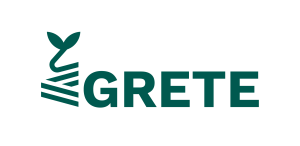 Green chemicals and technologies for the wood-to-textile value chain. The GRETE project aims to develop new and better technologies for wood pulp modification, cellulose dissolution and fibre quality generation complying sustainability requirements and market needs, improving the existing wood-to-textile value chains and increasing production of man-made cellulose fibres in Europe.
Green chemicals and technologies for the wood-to-textile value chain. The GRETE project aims to develop new and better technologies for wood pulp modification, cellulose dissolution and fibre quality generation complying sustainability requirements and market needs, improving the existing wood-to-textile value chains and increasing production of man-made cellulose fibres in Europe.
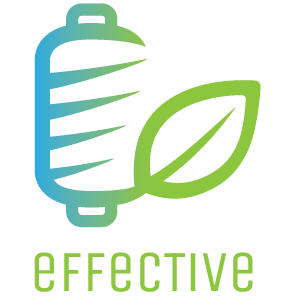
Project EFFECTIVE is a multi-company collaboration to produce more sustainable bio-based fibers and plastics for large consumer products by using renewable feedstocks and innovative technologies.
Our goal is to reshape entire product value chains by designing new products for a better tomorrow. Because we care about the end-life of our products, EFFECTIVE embraces the circular economy to close the material cycle and make sure we maximize the value of every fiber and plastic we create.
 The main idea of MIX-UP (MIXed plastics biodegradation and UPcycling using microbial communities) is to showcase a novel approach for plastic recycling and therefore addresses one of the greatest challenges of our time: the establishment of a circular (bio)-economy for plastics. The continuing demand for plastic products, the lack of appropriate recycling and the ubiquitous pollution of the environment with plastic waste pose a global challenge.
The main idea of MIX-UP (MIXed plastics biodegradation and UPcycling using microbial communities) is to showcase a novel approach for plastic recycling and therefore addresses one of the greatest challenges of our time: the establishment of a circular (bio)-economy for plastics. The continuing demand for plastic products, the lack of appropriate recycling and the ubiquitous pollution of the environment with plastic waste pose a global challenge.
 The main objective of the LIFE MUSCLES project is to contribute to the reduction of the impact related to the use of polypropylene (PP) socks for mussel farming, promoting and creating a more sustainable value chain that minimizes their dispersion in the marine environment, encouraging the recovery and recycling of polymers for the production of new socks and other items.
The main objective of the LIFE MUSCLES project is to contribute to the reduction of the impact related to the use of polypropylene (PP) socks for mussel farming, promoting and creating a more sustainable value chain that minimizes their dispersion in the marine environment, encouraging the recovery and recycling of polymers for the production of new socks and other items.
![]() Transition2bio is a two-year project funded by the European funding programme for research and innovation Horizon 2020 under Grant Agreement No. 101000539.
Transition2bio is a two-year project funded by the European funding programme for research and innovation Horizon 2020 under Grant Agreement No. 101000539.
Transition2bio will build upon the most relevant communication and education EU funded projects and initiatives, moving closer to the implementation of the updated 2018 EU Bioeconomy Strategy and promoting the transition towards a more sustainable Europe. Transition2bio aims to facilitate the transition towards a more sustainable production, consumption and lifestyle.
 LABPLAS is a comprehensive collective effort coordinated by the University of Vigo (Galicia, Spain), encompassing expertise in pollution, environmental modelling, environmental chemistry, ecotoxicology, oceanography, hydrology, paleoecology, soil ecology, microbiology, water engineering, nanotechnology, economics and knowledge transfer. These experts have teamed up with the aim of providing the European authorities with the pre-normative knowledge needed to fight plastic pollution on solid scientific grounds.
LABPLAS is a comprehensive collective effort coordinated by the University of Vigo (Galicia, Spain), encompassing expertise in pollution, environmental modelling, environmental chemistry, ecotoxicology, oceanography, hydrology, paleoecology, soil ecology, microbiology, water engineering, nanotechnology, economics and knowledge transfer. These experts have teamed up with the aim of providing the European authorities with the pre-normative knowledge needed to fight plastic pollution on solid scientific grounds.
In plastics size matters, and the smaller is suspected to be more intrinsically hazardous. Therefore, LABPLAS will study the smaller fractions (micro and nanoplastics (SMNPs)), which are commonly not monitored in the environment, since they are more easily taken up by organisms. Plastics are not just polymer, and LABPLAS will additionally pay attention to chemicals added to plastic objects to enhance their physical properties, and assess their potential effect to metabolism.
In short, LABPLAS will provide scientific evidence to support the decision making in regulatory efforts and inform consumers within the current legislative initiatives prompted by the EU Plastics Strategy and the Plastics Directive (EU 2019/904) by providing solid scientific evidence and novel technical developments rather than by misperceptions and false myths on plastic properties.
Do you want to discuss possible collaborations? Please contact Selenia Marinelli – marinelli@fvaweb.it

